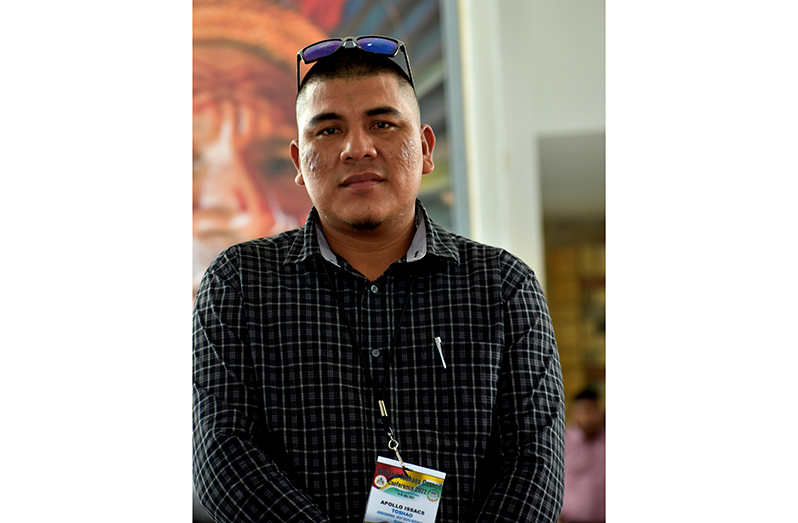– to boost production, create employment
WITH the hope of boosting agricultural production in his community, Karaudarnau Toshao, Apollos Issacs, is pushing to establish a farine factory and expand several farms.
In a recent interview with the Guyana Chronicle, Issacs said farming in the Region Nine (Upper Takutu-Upper Essequibo) community is usually done on a subsistence level.
However, Issacs plans to extend those farms to boost food production and food security.
“My plans for agriculture in my village is to expand on all the farms; we want to go large scale in corn, and we have five neighbouring communities around our village that can supply corn,” he said.
He continued: “We already know we have flooding; we want to build a storage. Amerindian people depend on their farms, so we would like to expand on agriculture.”
Issacs explained that the recent floods had highlighted the need for more sustainable practices in agriculture to be adopted to ensure food security is a certainty.
“As you know, we have these natural disasters. We have this flooding, and our main plans are to have food security. We want to work on a strategy on how we can establish or implement stuff in the village [so] we won’t be affected in the future,” he noted.
He explained that farmers have not fully recovered from the 2021 floods, and while some replanting has been done, farmers have not been able to reap much produce.
“…The cassavas are small, and so we have the rains again. Farmers replanted again, but there is not much to reap, so on the farine side, we want to establish a farine factory, so we can store our farine.”
With the establishment of a factory, Issacs believes that farmers will not only be able to have a space to store and preserve their produce, but also manage their production.
“Farine can store for up to two years, so we can know how much we consuming, how much we are selling, and how much to use.”
He said the factory would also help generate employment in the community and its surrounding environs.
“I would like for it to happen in the Karaudarnau village for the Deep South for the other communities to benefit from. We only have the health sector and the education sector in terms of employment; other than that we do farming,” he said.
He added: “So that will help to bring in an income and revenue. We have very educated young people who left school and have no jobs.”
On the sidelines of the recently concluded National Toshaos Conference, contracts valued at $70 million were awarded to boost agricultural production in Region Nine.
The Agriculture Ministry, through the Hinterland Environmentally Sustainable Agricultural Development (HESAD) project which is implemented by the Agriculture Sector Development Unit (ASDU), signed the contracts with various Amerindian village leaders.



.jpg)








